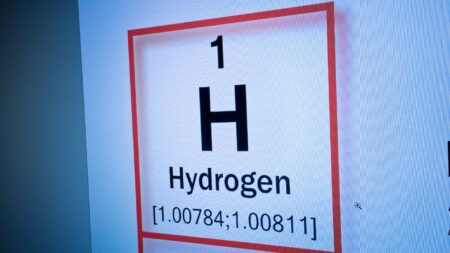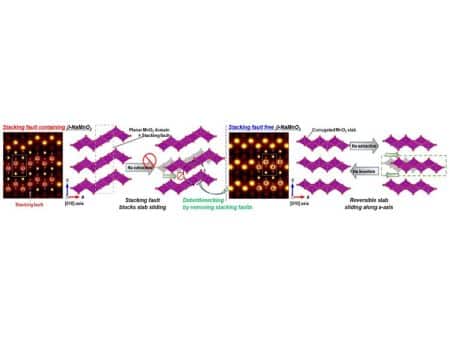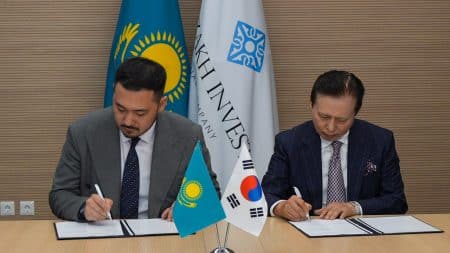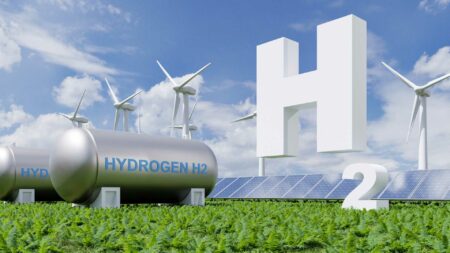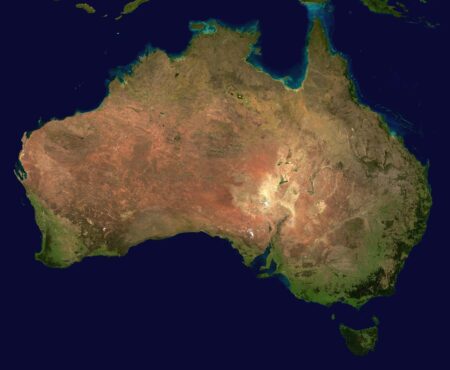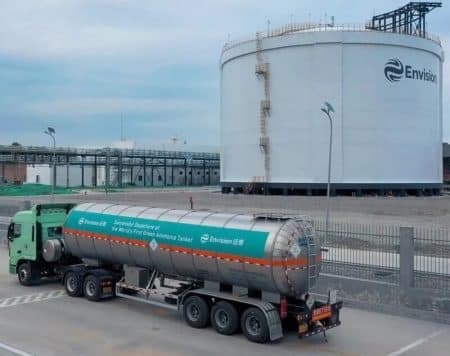Toyota Australia’s Altona facility in Victoria has undergone a remarkable transformation into a demonstration-scale hydrogen production, storage, and refueling plant that harnesses the power of renewable energy sources.
The primary objective of this ambitious project is to showcase the technical and economic feasibility of sustainably generating, storing, and distributing hydrogen gas through the utilization of renewable energy. At the heart of this groundbreaking venture lies Emerson’s software-based process orchestration, a pivotal technology that enhances connectivity and visibility. This innovative software seamlessly integrates data from multiple sources into a unified system, offering automated reporting and enabling real-time energy production monitoring via a user-friendly web interface.
However, such groundbreaking projects often come with unique challenges. In this case, Toyota and Emerson needed to surmount the intricate task of engineering connections between various systems without inadvertently creating a complex and unwieldy infrastructure. Such an outcome could have not only increased costs but also potentially delayed the project or hindered efficient maintenance during the plant’s operational life.
In collaboration with Emerson, the Toyota project team devised a process orchestration layer specifically designed to interconnect a diverse array of components, including power meters, an electrolyzer, a fuel cell, a hydrogen refueler, a solar and battery inverter system, and various instrumentation devices. Data collected from these critical components flow through the process orchestration layer for comprehensive system monitoring and reporting.
A significant portion of this data will be employed to demonstrate compliance with the Australian Renewable Energy Agency (ARENA), which mandates specific sustainability performance levels, particularly in green energy utilization. Notably, ARENA has provided approximately 40% of the project’s funding, highlighting the national importance of this pioneering venture.
In terms of technology deployment, Toyota harnessed Emerson’s DeltaV software and automation technologies to seamlessly integrate numerous third-party systems, ensuring the efficient and effective operation of the hydrogen system. Among these technologies, the DeltaV distributed control system (DCS) and safety instrumented system (SIS) played pivotal roles in managing system operations, including the differentiation between deep and normal cycle drawdown of the hydrogen storage vessels, effectively extending the lifespan of these critical components.
Emerson’s approach was to natively integrate the DCS and SIS with the DeltaV PK controller, simplifying complex configuration processes while orchestrating the operations of various skids and systems within the plant.
To overcome the challenge of managing multiple communications protocols, the project team, in close collaboration with Toyota, standardized on EtherNet/IP as the common protocol. This streamlined data communication and reduced complexity, ultimately minimizing project costs and accelerating its completion.
Significantly, the project team also optimized integration efforts by leveraging the DeltaV DCS and SIS alongside a PACSystems RX3i CPL410 edge controller. This edge controller enabled seamless data acquisition from a wide range of third-party devices through a web-based API. As a result, Toyota gained access to crucial renewable energy data, system energy efficiency calculations, and insights from the site’s existing 500kW solar array. This web-based interface not only enhanced efficiency but also saved valuable time and resources, eliminating the need for additional hardware investments.
In summary, Toyota Australia’s Altona facility stands as a testament to the nation’s commitment to pioneering sustainable and efficient hydrogen production. Through strategic collaborations with automation experts like Emerson and generous support from organizations like ARENA, this innovative project is setting the stage for a greener, cleaner energy future. As the world watches the outcomes of these groundbreaking efforts, Toyota’s initiatives in Australia serve as a beacon of hope for a more sustainable tomorrow.


